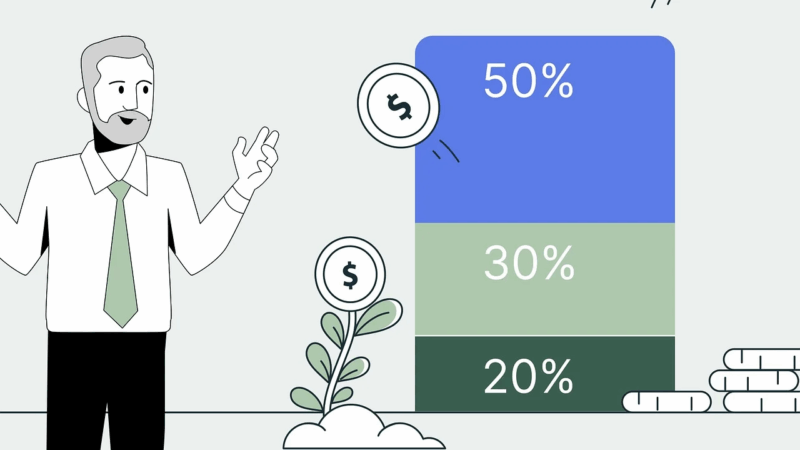
Many Americans find themselves in arduous situations with the Internal Revenue Service (IRS), owing more taxes than they can afford to pay. Fortunately, the IRS offers two prominent programs aimed at aiding individuals in these circumstances: the IRS Fresh Start Program and the Offer in Compromise (OIC). Despite their common goal of helping taxpayers, these programs have notable differences.
This blog post will delve into these distinctions to help you make an informed decision about which route may be best for your situation.
Offer In Compromise
The Offer in Compromise (OIC) is a program that allows taxpayers to settle their tax debt for less than the full amount they owe, usually when paying the full debt would result in financial hardship or when there’s doubt as to liability or collectibility. The IRS analyzes the taxpayer’s income, expenses, assets, and future earning potential to determine an appropriate offer amount. This comprehensive process involves detailed paperwork and potentially an investigation into the taxpayer’s financial background.
While the OIC can be a lifeline for those drowning in tax debt, it is not an easy process nor a guaranteed solution. The IRS accepts only a small percentage of OIC applications. The reason is simple: The IRS aims to collect as much tax revenue as possible, and accepting an OIC usually results in a loss for the agency.
IRS Fresh Start Program
The IRS Fresh Start Program is a broader initiative designed to make it easier for individuals and small businesses to pay back taxes and avoid severe tax penalties.The Fresh Start Program is not a single program but a series of changes to tax policies that came into effect in 2011 and subsequent years. These changes include extended installment agreements, more accessible OICs, and the stopping of certain enforcement actions, such as liens and levies, under specific circumstances.

An essential part of the Fresh Start Program is its provision for extended installment agreements. This allows taxpayers to pay their tax liabilities in manageable monthly installments, over six years or more, depending on the amount owed.
Choosing Between The Two
If you find yourself owing the IRS, you might be wondering whether to opt for an OIC or the Fresh Start Program. The best choice depends on your individual circumstances.
If you owe a substantial amount in back taxes, and paying them would cause significant financial hardship, you might consider an OIC. Remember, though, the IRS accepts only a small fraction of OIC applications, so consulting with a tax professional before pursuing this option is highly recommended.

On the other hand, if you can manage to pay your taxes, albeit not immediately, the Fresh Start Program’s installment agreement might be a better option. It allows you to pay your debts over an extended period, making the payments more manageable.
In Conclusion
Tackling tax debt can be a daunting task. Thankfully, the IRS offers options like the Fresh Start Program and the Offer in Compromise to help taxpayers navigate their way out of tax liabilities. While the OIC allows taxpayers to settle their debt for less than what they owe, it can be challenging to get approved due to its stringent acceptance criteria. Conversely, the Fresh Start Program provides more flexibility with installment agreements, making it easier to pay back taxes over a more extended period.
Regardless of the option you choose, it is crucial to have a clear understanding of each program. You should also consult with a tax professional to determine the most suitable solution for your specific circumstances. After all, tax relief is not a one-size-fits-all solution, and the best approach depends on your unique financial situation.










